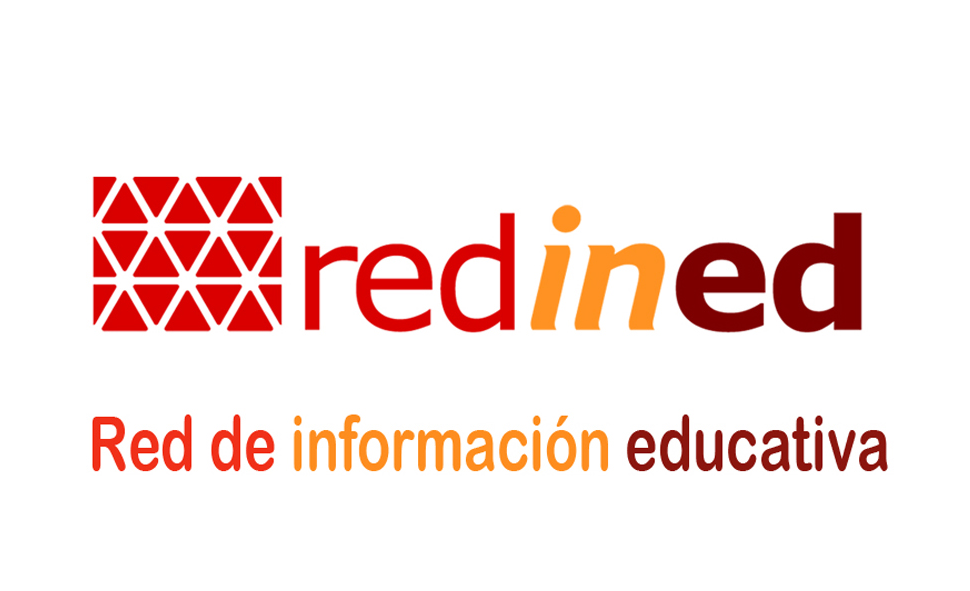Equipment, educational level, uses of mobile phone of doctoral students from Pedagogic Experimental Libertador University
Ver/
Nivel Educativo:
Tipo Documental:
Artículo de revistaEstadísticas:
Ver Estadísticas de usoMetadatos:
Mostrar el registro completo del ítemFecha:
2018Publicado en:
Pixel-Bit. 2018, n. 52, enero ; p. 229-243Resumen:
This article is part of a quantitative and descriptive investigation, whose main objective was to classify doctoral students from Pedagogic Experimental Libertador University (UPEL), working as teachers in different education subsystems in Venezuela. The investigation focused on the following elements from e-learning and m-learning: equipment, educational level, personal and educational use of mobile phone. As part of the methodology, multivariate analysis techniques were used: Categorical Principal Components Analysis (CATPCA) and Cluster Analysis. The results show that the doctoral students were equipped and used ICT and mobile phone in their daily lives. However, only 4% of the sample was innovative in the educational use of mobile phone, while 26% of the sample was not creative in the use of ICT on the Internet, and they did not use the mobile phone for the learning process. Likewise, 14% of the doctorates samples use very little technology in their educational practice. 98% did not have an educational level in m-learning, their only knowledge, in this area, was self-taught. They do not know in depth the educational use of ICT, and in particular, the learning opportunities offered by the mobile phone.
This article is part of a quantitative and descriptive investigation, whose main objective was to classify doctoral students from Pedagogic Experimental Libertador University (UPEL), working as teachers in different education subsystems in Venezuela. The investigation focused on the following elements from e-learning and m-learning: equipment, educational level, personal and educational use of mobile phone. As part of the methodology, multivariate analysis techniques were used: Categorical Principal Components Analysis (CATPCA) and Cluster Analysis. The results show that the doctoral students were equipped and used ICT and mobile phone in their daily lives. However, only 4% of the sample was innovative in the educational use of mobile phone, while 26% of the sample was not creative in the use of ICT on the Internet, and they did not use the mobile phone for the learning process. Likewise, 14% of the doctorates samples use very little technology in their educational practice. 98% did not have an educational level in m-learning, their only knowledge, in this area, was self-taught. They do not know in depth the educational use of ICT, and in particular, the learning opportunities offered by the mobile phone.
Leer menos



